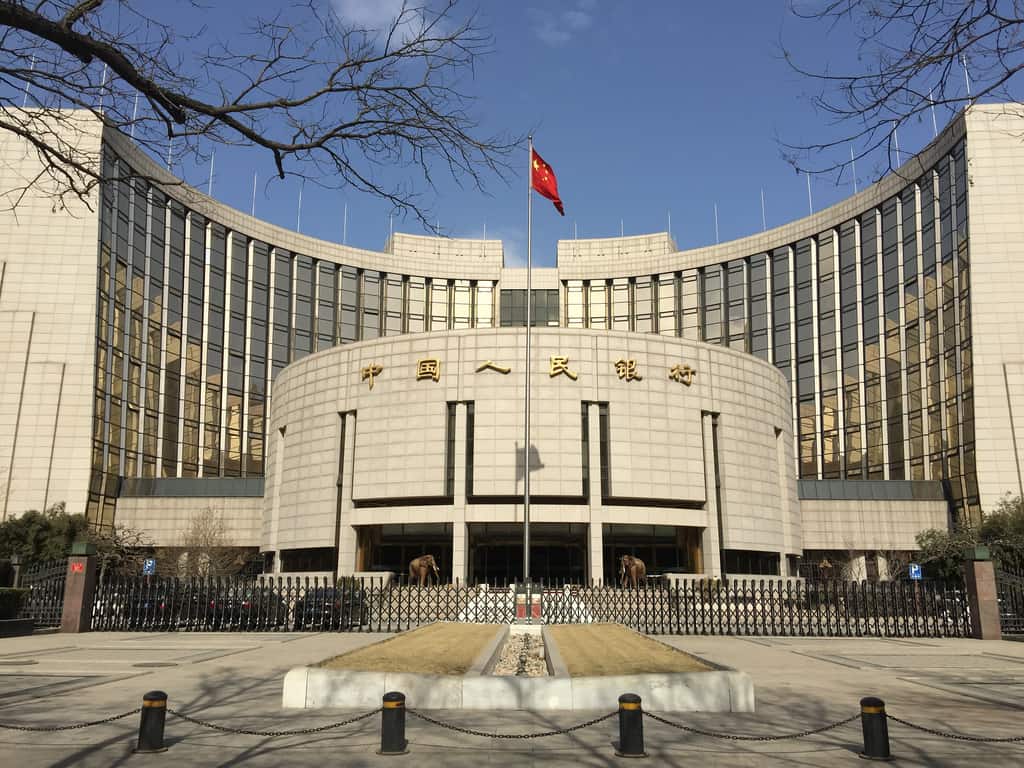The Chinese central bank has unveiled a new macro-prudential management authority as part of a sweeping structural and functional overhaul.
The State Commission Office for Public Sector Reform publicly released the “People’s Bank of China Professional Function Allocation and Internal Agency and Personnel Formulation Regulations” (中国人民银行职能配置、内设机构和人员编制规定) via its official website on 2 February.
The new regulations mark the third major adjustment to the professional role of the People’s Bank of China (PBOC) since 1994, and the first since the “People’s Bank of China Main Professional Function Internal Agency and Personnel Formulation Regulations” (中国人民银行主要职责内设机构和人员编制规定) dating from August 2008.
Article 5 of the Regulations outlines the establishment of a Macro-prudential Management Department (宏观审慎管理局) to “lead the establishment of macro-prudential policy frameworks and basic systems, as well as assessment, identification and disposal mechanisms for systemically important financial institutions.”
The new Macro-prudential Management Department will also be entrusted with leading the drafting of basic regulations that govern “financial groups such as financial holding companies and systemically important financial institutions,” as well as their monitoring, analysis and consolidated supervision.
Article 3 of the Regulations also outlines the “establishment of the State Council Financial Stability and Development Committee (FSDC) Office at PBOC to be subject to the direct leadership of the FSDC.”
The FSDC office will “undertake the daily work of the FSDC, be responsible for advancing and implementing the policy decisions of the central party and the State Council in relation to financial work and various work arrangements of the FSDC; organising and drafting major plans for financial sector reform and development; proposing major policy recommendations for the prevention and disposal of systemic financial risk and the maintenance of financial stability; coordinating and establishing mechanisms for coordination between central and local financial regulators and coordination risk disposal, consumer protection and information sharing; undertaking specific work to direct local financial reform, development and regulation; drafting accountability measures for financial regulatory departments and local financial regulators and undertaking guidance of accountability work etc.”
Article 4 of the Regulations also make significant changes to the wording that describes PBOC’s official duties, as well as expands these duties from 18 to 20 in total.
In particular PBOC is now responsible for “formulation and implementation of monetary policy, lending policy; improvement to the monetary policy adjustment system, and macro-prudential management,” when previously it was entrusted with the “lawful formulation and implementation of monetary policy; and the formulation and implementation of macro-lending guidance policy.”
The Chinese central bank is also on track for a personnel reshuffle, with a reduction in the number of vice-governors from six to four
Article 6 of the Regulation outlines 779 administrative positions within PBOC organs, including one governor, four vice-governors and 92 departmental-level executives.
According to its official website, however, the Chinese central bank is currently host to six vice-governors, including Guo Shuqing (郭树清), who doubles as PBOC party secretary; Pan Gongsheng (潘功胜), who is also head of the State Administration of Foreign Exchange (SAFE); Chen Yulu (陈雨露), Fan Yifei (范一飞), Zhu Hexin (朱鹤新) and Liu Guoqiang (刘国强).


